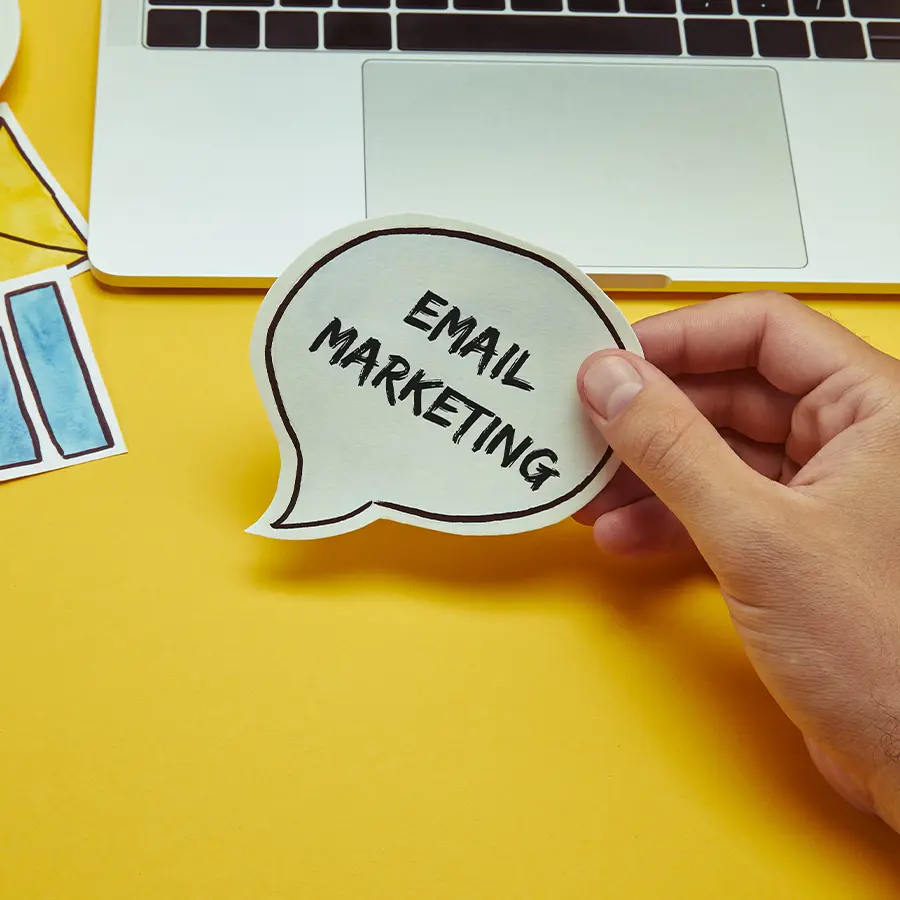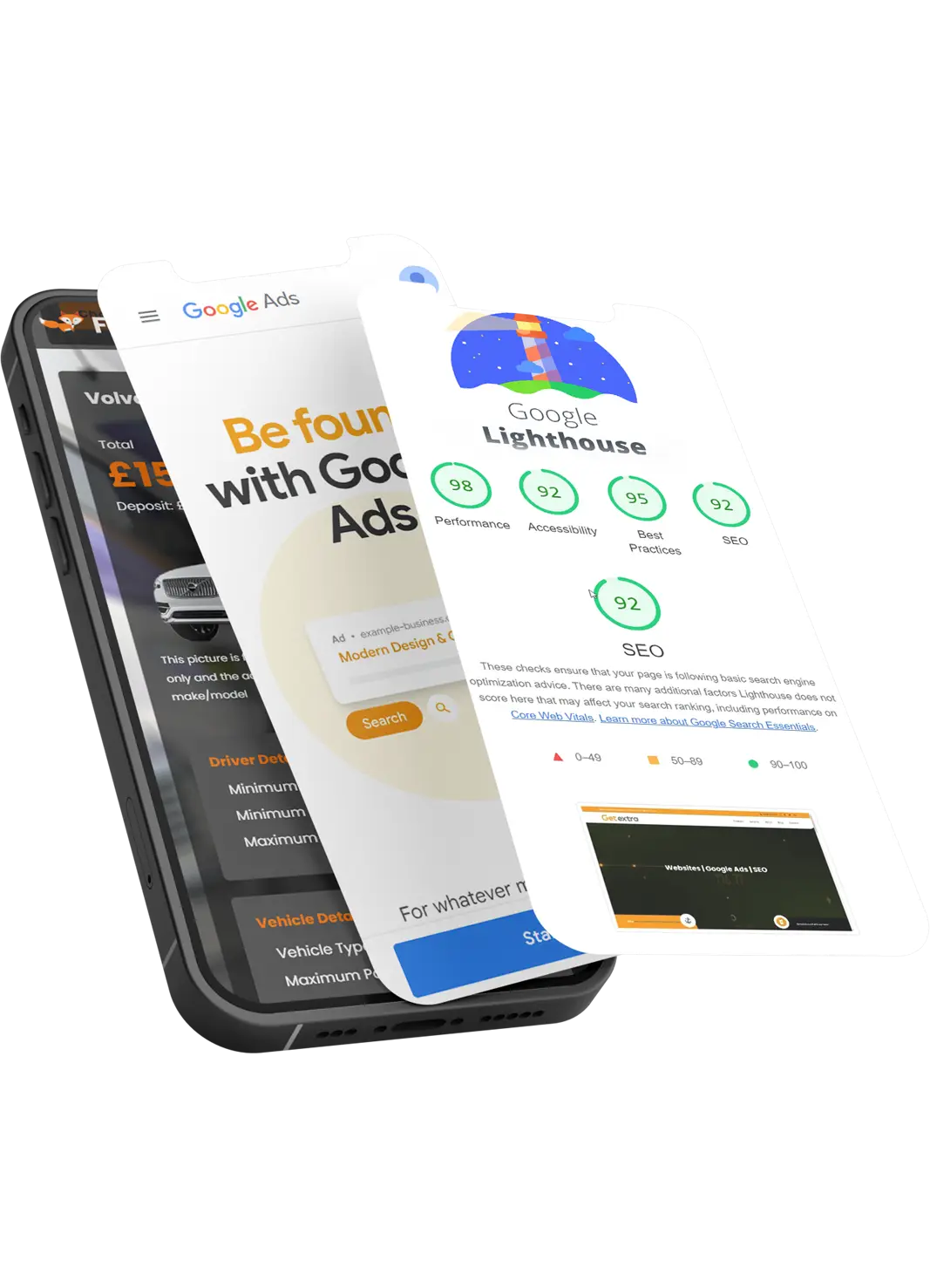What is Digital Marketing?
Digital marketing has become a cornerstone for reaching and engaging with audiences in today’s business landscape. As more consumers spend time online, businesses must adopt digital strategies to remain relevant and competitive. But what exactly is digital marketing, and how can it help companies grow? This article will explain the concept of digital marketing, its importance, key components, and how to use it to boost your brand.
Understanding Digital Marketing
Digital marketing refers to any marketing activity that takes place on electronic devices or the Internet. It involves using digital channels such as websites, search engines, social media, email, and mobile apps to connect with potential customers. Unlike traditional marketing methods (like TV, print, and radio), digital marketing allows businesses to target specific audiences, track engagement, and measure success in real-time.
Some of the primary objectives of digital marketing include:
- Driving traffic to your website
- Increasing brand awareness
- Engaging with customers
- Generating leads and conversions
- Building brand loyalty
Why Digital Marketing Matters
In an increasingly digital world, businesses must meet customers where they are: online. Most consumers use the Internet to search for products and services, engage with brands on social media, and make purchases. Digital marketing is essential because it enables businesses to:
- Reach a global audience: Businesses are no longer confined to a local customer base with the Internet. They can reach potential customers from all over the world.
- Target-specific demographics: Digital marketing allows for detailed targeting based on location, age, interests, and behaviours. This ensures that your marketing efforts are reaching the right audience.
- Track performance: Tools like Google Analytics can help you measure the effectiveness of your campaigns and make data-driven decisions.
- Cost-effective marketing: Compared to traditional marketing channels, digital marketing is often more affordable, making it accessible to businesses of all sizes.
Key Components of Digital Marketing
Digital marketing is an umbrella term that encompasses several strategies and channels. Here are some of the most critical components:
Search Engine Optimisation (SEO)
SEO refers to optimising your website and content to rank higher in search engine results pages (SERPs). When users search for keywords related to your products or services, SEO ensures your website appears at the top of those results. Higher rankings lead to more organic traffic and visibility for your business.
Critical aspects of SEO include:
- Keyword research: Identifying the search terms your target audience is using.
- On-page optimisation: Improving your website’s structure, speed, and content to meet search engine standards.
- Link building: Acquiring backlinks from reputable websites to increase your site’s authority.
Pay-Per-Click Advertising (PPC)
PPC is a form of online advertising where businesses pay a fee each time their ad is clicked. Google Ads is the most popular PPC platform, allowing companies to bid on keywords that users search for. PPC offers immediate results, as ads can appear at the top of search results as soon as they go live.
Benefits of PPC include:
- Quick visibility: Your ads can appear in front of potential customers immediately.
- Control over budget: You can set your daily or monthly budget, ensuring you never overspend.
- Highly targeted: PPC ads can target specific audiences based on location, age, interests, and behaviour2Social Media Marketing
Social media platforms like Facebook, Instagram, LinkedIn, and Twitter give businesses a unique way to engage with their audience. Social media marketing involves creating and sharing content on these platforms to promote your brand, increase engagement, and drive traffic to your website.
Effective social media marketing involves:
- Creating engaging content: Posts that resonate with your audience, such as visuals, polls, or videos.
- Running paid ads: Sponsored posts and advertisements that target specific demographics.
- Interacting with your followers: Responding to comments, messages, and mentions to build relationships with your audience.
Content Marketing
Content marketing is a strategy focused on creating and distributing valuable, relevant content to attract and retain a target audience. The goal is to provide helpful information that solves a problem or answers a question, ultimately driving the customer to take action. This can include blog posts, videos, infographics, and more.
Examples of content marketing include:
- Blogging: Regularly publishing articles that educate or entertain your audience.
- Videos: Creating tutorials, product demonstrations, or behind-the-scenes videos.
- Infographics: Using visual content to simplify complex information.
Email Marketing
Email marketing is one of the most effective ways to nurture leads and build customer relationships. By sending personalised emails to a list of subscribers, businesses can keep customers informed about new products, promotions, and company news.
A successful email marketing strategy involves:
- Segmentation: Dividing your email list into smaller groups based on interests or behaviour.
- Personalisation: Customise the content of your emails to speak directly to each segment.
- Automation: Using email automation tools to send messages at the right time, such as welcome emails or post-purchase follow-ups.
Affiliate Marketing
Affiliate marketing is a performance-based strategy in which businesses partner with affiliates (individuals or companies) to promote their products. Affiliates earn a commission for each sale or lead generated through their efforts. It’s an effective way for businesses to reach new audiences and increase sales without upfront advertising costs.
How to Get Started with Digital Marketing
If you are new to digital marketing, here are some steps to get started:
- Set clear goals: Identify what you want to achieve with your digital marketing efforts, such as increasing website traffic, boosting sales, or improving brand awareness.
- Know your audience: Research your target audience to understand their needs, preferences, and online behaviour.
- Choose the right channels: Based on your audience research, decide which digital marketing channels (e.g., SEO, social media, PPC) best suit your goals.
- Create a content strategy: Plan out what type of content you will create and how often you will share it across your digital channels.
- Monitor and optimise: Use tools like Google Analytics to track the performance of your campaigns. Continuously refine your strategy to improve results.
Conclusion
Digital marketing is an essential tool for businesses of all sizes. By leveraging online channels like SEO, PPC, social media, and content marketing, you can reach your target audience, build lasting relationships, and grow your business. The key to success lies in understanding your audience, setting clear goals, and continuously optimising your strategies.
Whether a small business or a large enterprise, digital marketing offers endless opportunities to expand your reach and drive real results.





